When it comes to our health, what we eat matters…a lot. While there is no single food that causes cancer on its own, several studies have pointed to certain products as potentially carcinogenic when consumed frequently or in excess. Cancer is a multifactorial disease-genetic, environmental and lifestyle factors all play a role-but it’s clear that our diet plays a key role.
Here’s a list of the foods most associated with an elevated risk of cancer, backed by scientific studies and classifications from agencies such as the World Health Organization (WHO) and the International Agency for Research on Cancer (IARC). And don’t worry! We also give you healthier alternatives. Here we go.
1. Processed meats: the most direct enemy
Examples: bacon, sausages, ham, bologna, sausages in general.
The IARC classified processed meats as Group 1 carcinogens, i.e. “carcinogenic to humans”, at the same level as tobacco and asbestos (yes, that serious). A clear link has been found between their regular consumption and colorectal cancer.
Why? These products usually contain nitrates and nitrites as preservatives, which when they reach the digestive system can be transformed into N-nitroso compounds, associated with cancer.
What can you do?
Limit your consumption, reserve these products for special occasions, and opt for more natural proteins such as chicken, turkey, legumes or tofu.
2. Red meat in excess
Examples: beef, pork, lamb.
Although not as dangerous as processed meats, red meat has been classified as probably carcinogenic (Group 2A), especially when consumed frequently and in large quantities.
It has also been shown that grilling or cooking them at high temperatures (such as on a very hot grill or frying pan) generates compounds such as heterocyclic amines (HCAs) and polycyclic aromatic hydrocarbons (PAHs), both of which are linked to cancer.
What can you do?
Moderate your consumption, alternate with vegetable sources of protein, and cook at lower temperatures or steam. Your body will thank you!
3. Fried foods rich in acrylamide
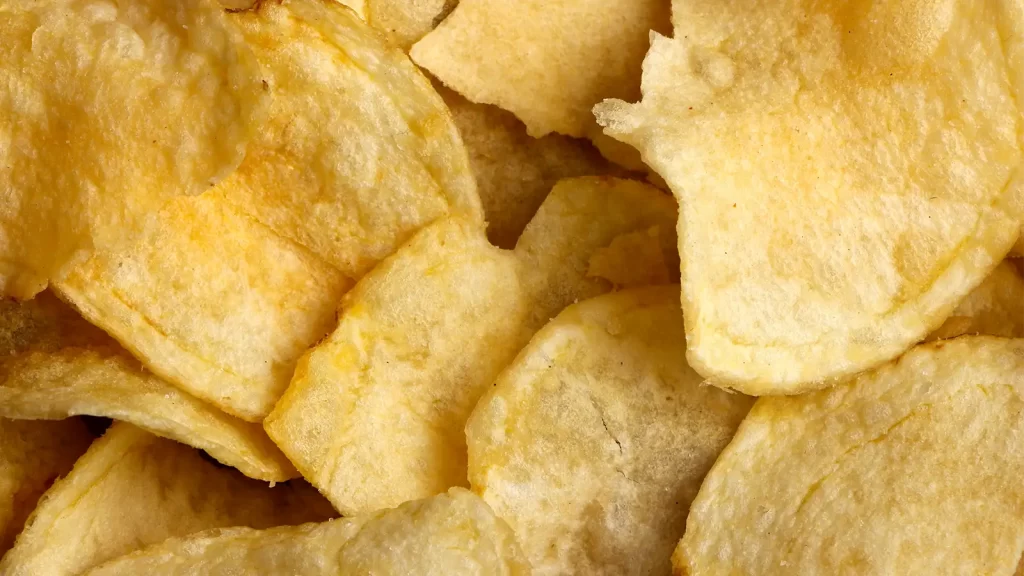
Examples: potato chips, crackers, over-toasted bread, highly processed cereals.
Acrylamide is a chemical compound that forms when certain starchy foods are cooked at high temperatures (such as frying, baking or toasting). Animal studies have shown that it may be carcinogenic, although the effects on humans are still under investigation.
There is no need to panic if you eat french fries once in a while, but eating them every day can increase the risk of chronic diseases, including cancer.
What can you do?
Reduce the frequency of frying, don’t burn bread or potatoes, and choose cooking methods such as boiling, steaming or gentle roasting.
4. Ultra-processed foods
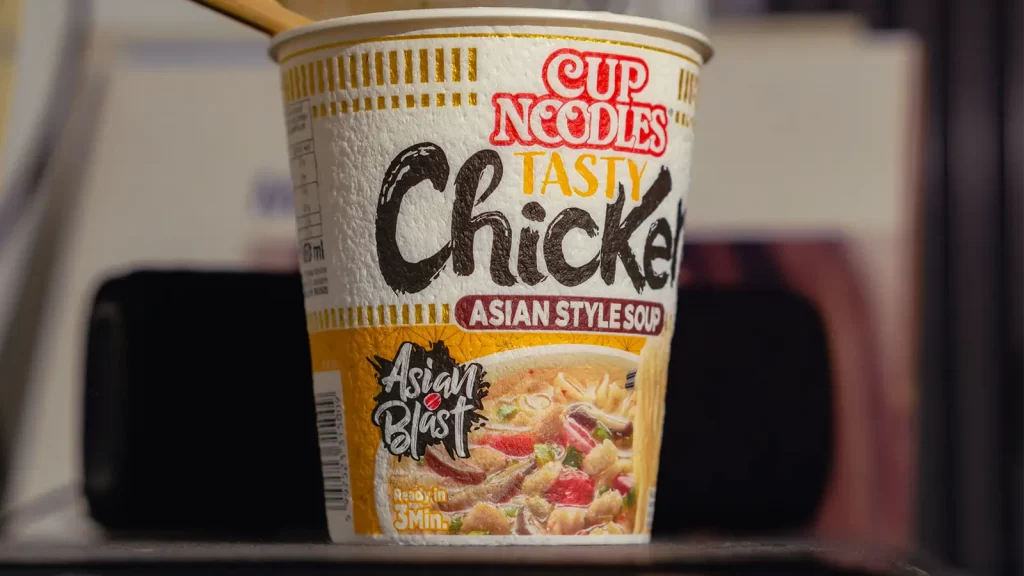
Examples: instant soups, frozen nuggets, sugary cereals, packaged snacks.
A study published in The BMJ found that a higher intake of ultra-processed foods is associated with a higher risk of developing cancer, particularly breast and colorectal cancer. These products often contain artificial additives, trans fats, excess sugar, salt and preservatives.
What can you do?
Read labels, choose foods with fewer artificial ingredients and opt for a diet based on fresh, whole, home-cooked foods.
5. Sugary drinks and soft drinks

In addition to being linked to obesity (a major risk factor for several types of cancer), sugary drinks contain high fructose corn syrup, an ingredient that can increase inflammation in the body and alter hormone levels.
A study in the Journal of the American Medical Association (JAMA) found that even moderate consumption of these beverages can increase the risk of mortality from diseases such as cancer.
What can you do?
Replace soft drinks with mineral water with lemon, natural herbal teas or just water. If you have a sweet tooth, opt for natural juices without added sugar.
6. Alcohol
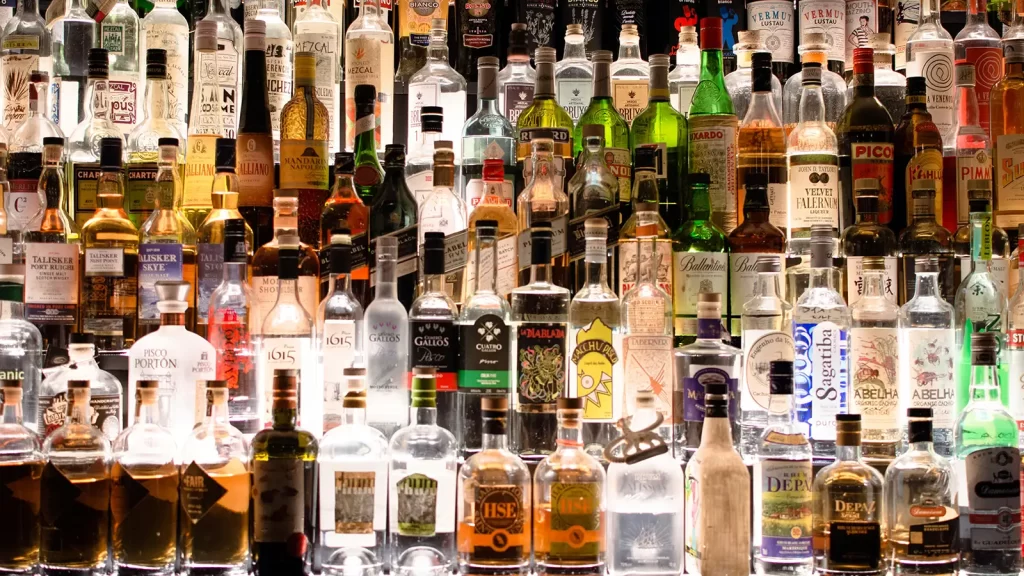
Yes, alcohol is officially considered a Group 1 carcinogen. Its frequent consumption is related to several types of cancer: mouth, throat, esophagus, liver, breast and colon, among others.
The risk increases with quantity and frequency. Even moderate amounts may pose a risk, especially in people with a genetic predisposition or family history.
What can you do?
Reducing consumption or quitting altogether can have a positive impact on your health. If you choose to drink, do so in moderation and with awareness.
7. Excess sugar and refined flours

Although sugar itself does not directly cause cancer, excessive sugar consumption contributes to obesity, chronic inflammation and insulin resistance, all conditions associated with increased cancer risk.
In addition, high glycemic index diets (white flours, sweets, industrial bread, etc.) can fuel the growth of certain tumor cells.
What can you do?
Replace refined flours with whole-grain and choose whole fruits instead of juices or processed desserts.
8. Microwave popcorn (with chemicals)
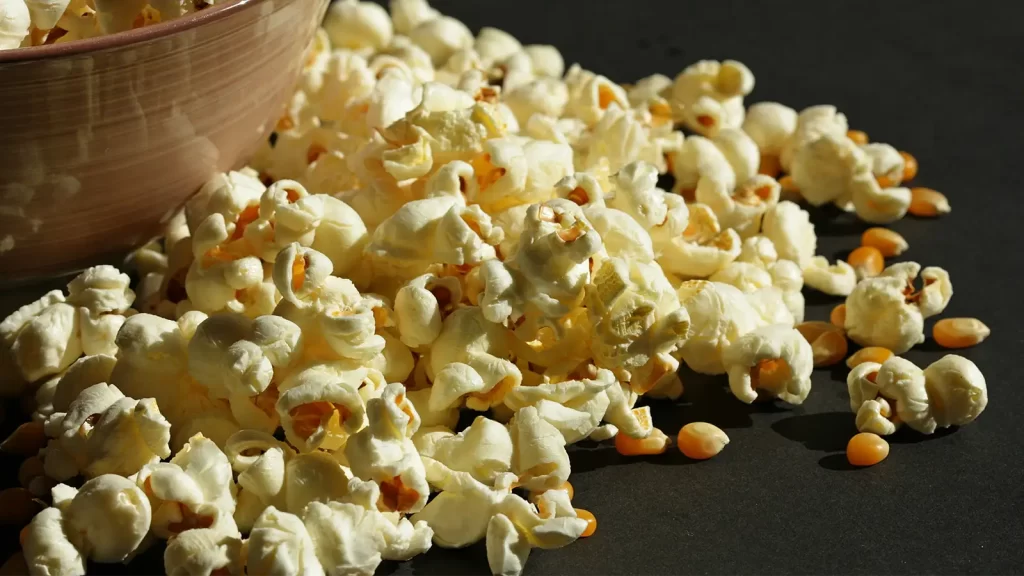
Although it sounds innocent, some microwave popcorn-especially commercial brands-has been flagged for containing compounds such as diacetyl and PFOA (perfluorooctanoic acid), which are found in the bag liners and can be toxic.
What can you do?
Make your popcorn homemade, in a frying pan with little oil or in a hot air popper – just as tasty and much healthier!
So what can you eat?
The good news is that all is not lost. Many foods have cancer-protective properties:
Fresh fruits and vegetables (especially cruciferous vegetables such as broccoli and cabbage).
- Nuts and seeds.
- Legumes.
- Whole grains.
- Green tea.
- Spices such as turmeric and ginger.
A balanced, colorful and fiber-rich diet is one of the best tools to take care of your long-term health.
In summary…
It is not about living in fear or eliminating everything from your cupboard. But it is important to make more conscious choices. Eating an occasional hot dog does not condemn you, but having a daily diet based on ultra-processed foods, sugary drinks and processed meats can add risk factors.
Prevention is not only medical, it is also dietary.
Your body is your most permanent home. Taking care of it with what you eat is a smart investment, and above all, possible.







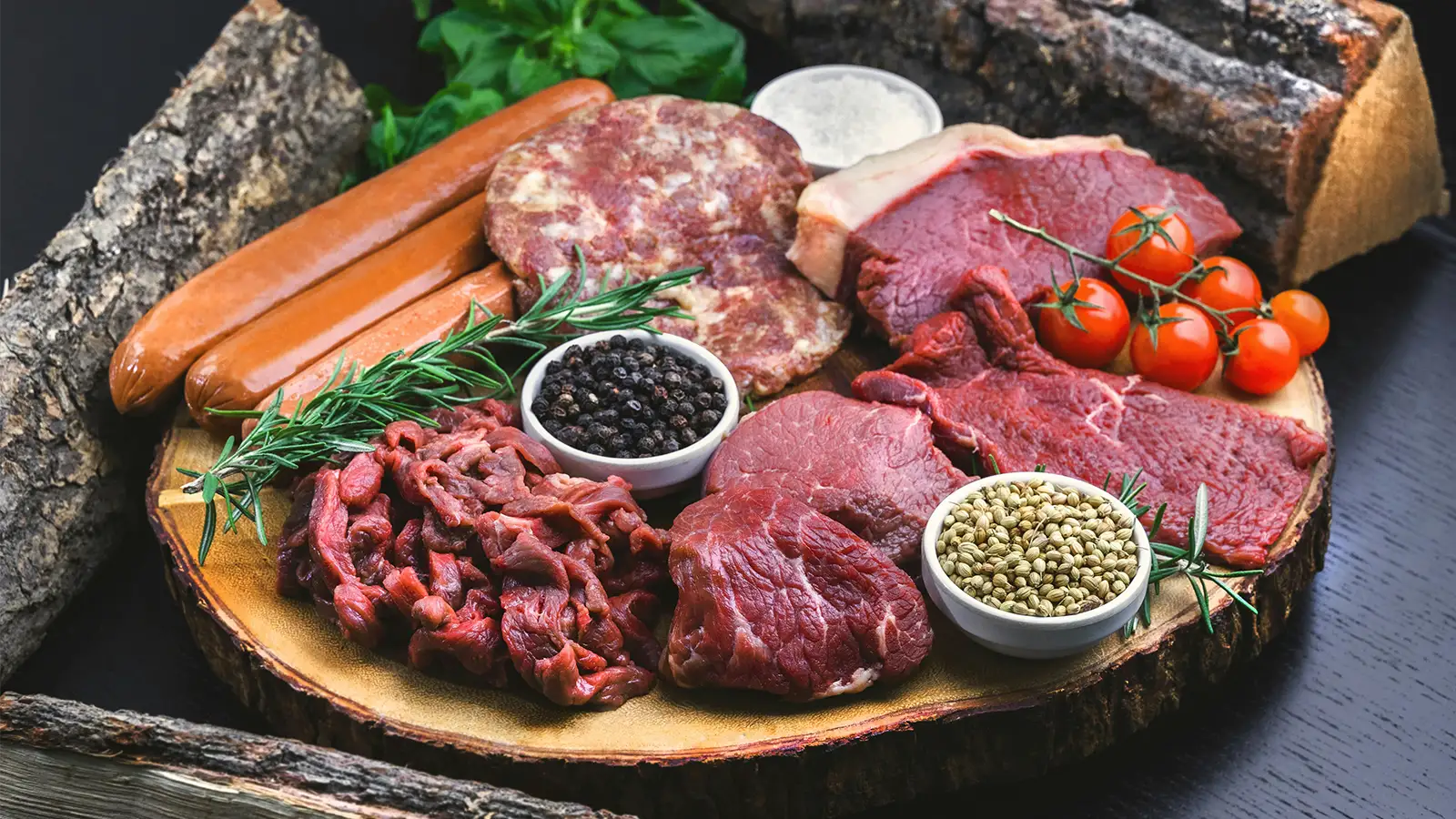











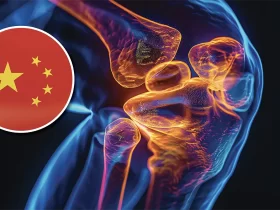




















Leave a Reply